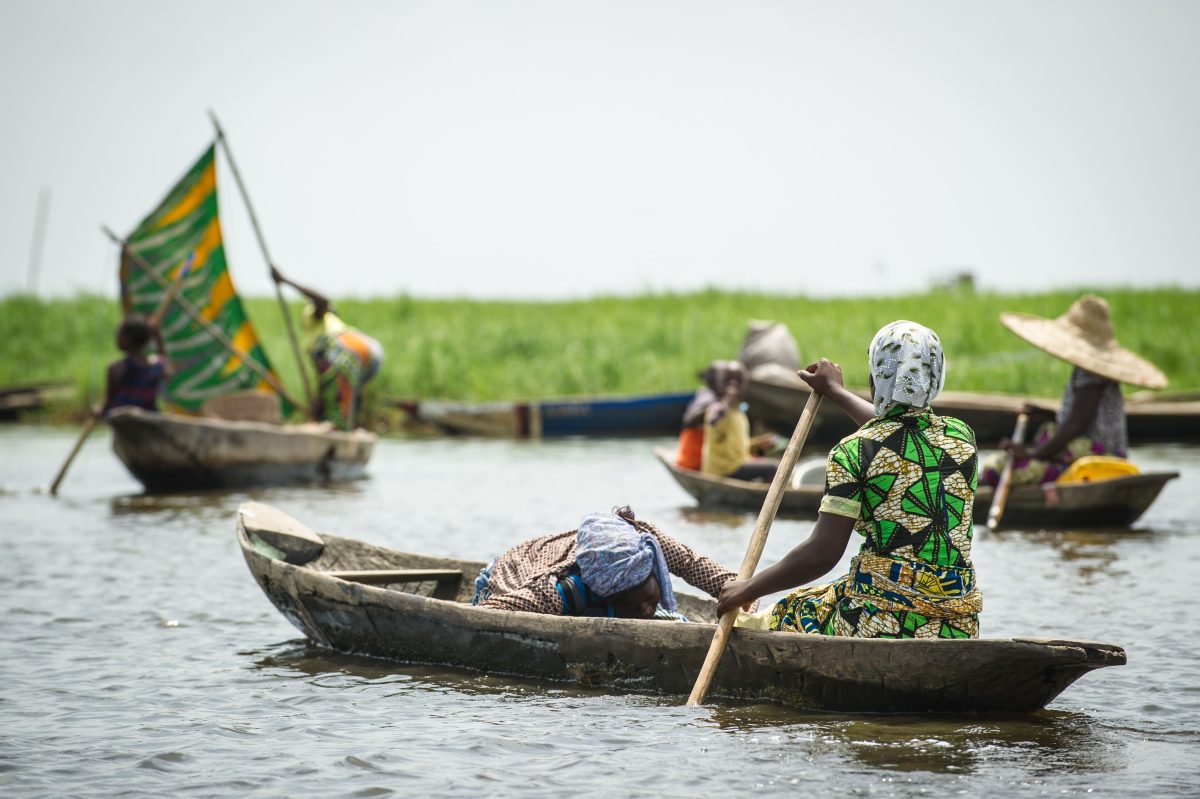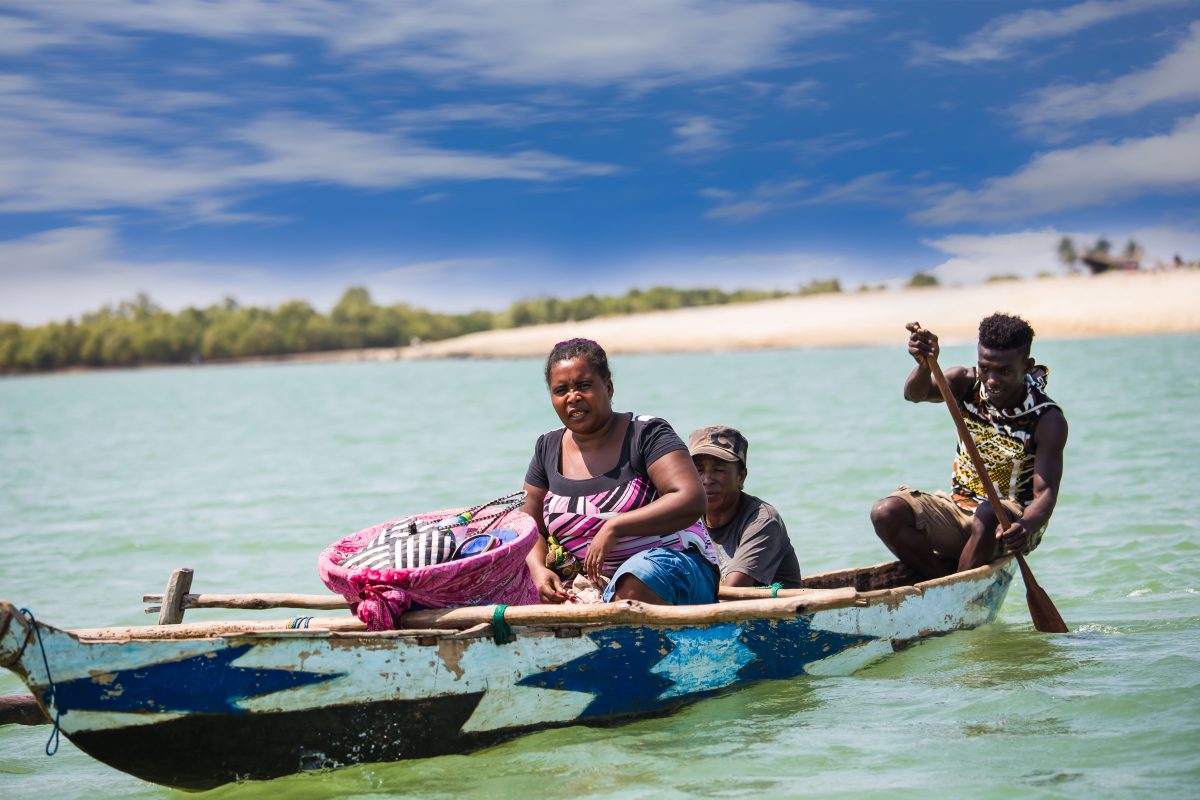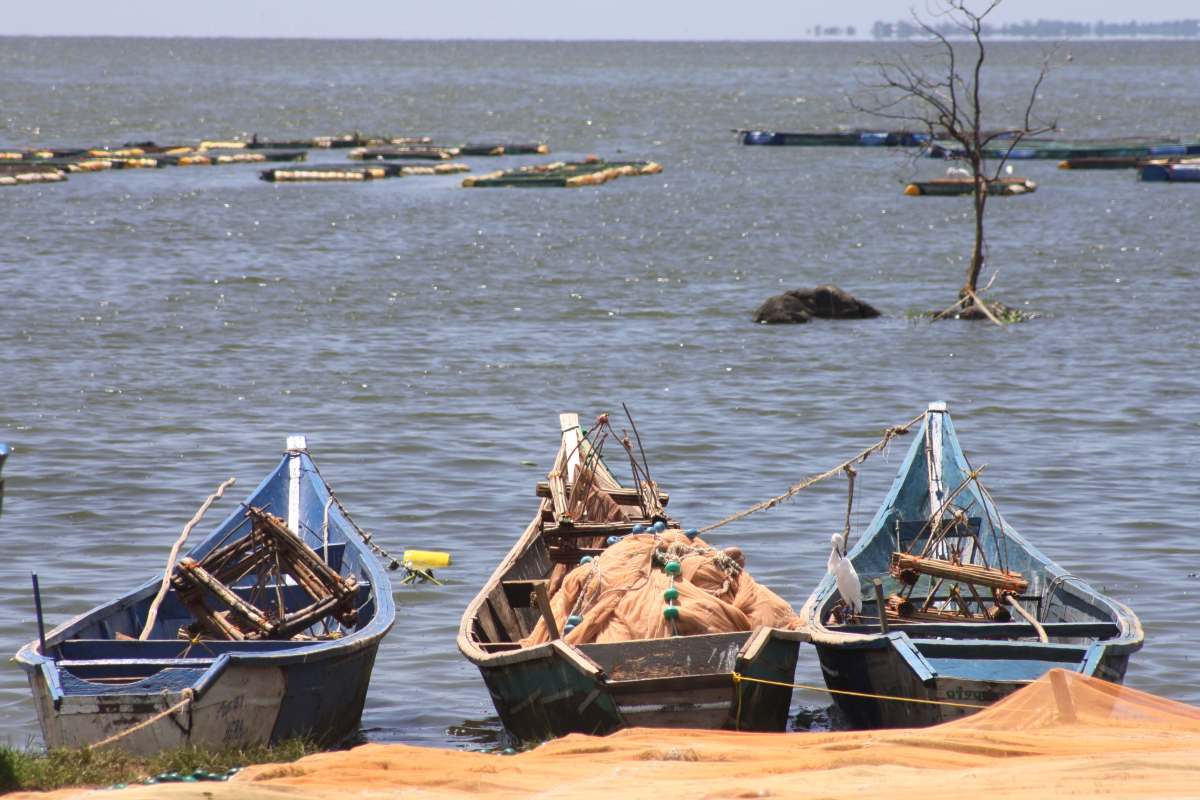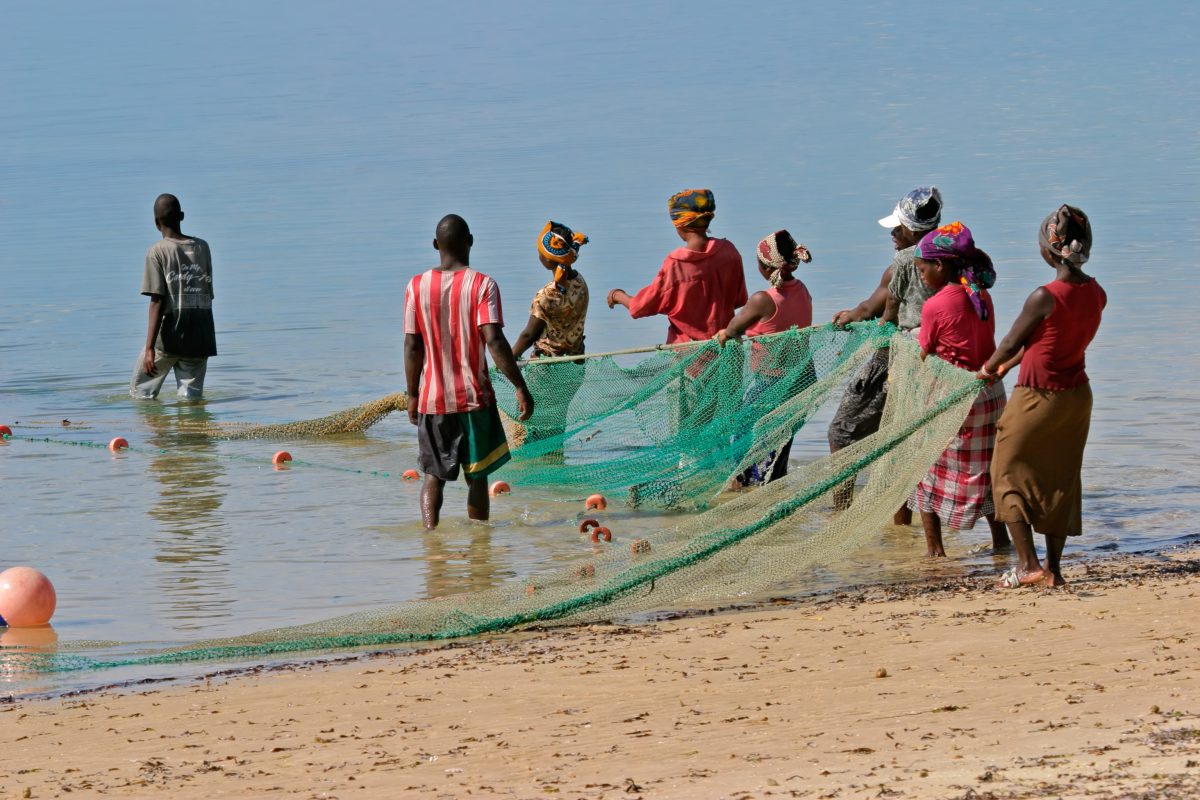Global Affairs Canada (GAC) has dedicated a total of CAN $ 9.7m through the Africa Enterprise Challenge Fund (AECF) to catalyze the Blue Economy sector in the Republic of Kenya.
The project seeks to contribute to economic empowerment of women enterprises, their suppliers, and producers along key supply chains where women are discriminated against in the Blue Economy in Kenya.
-
Programme Objectives
- Support evidence-based programme interventions that support women’s economic participation in the non-traditional sectors of the blue economy.
- Enhance private sector engagement of women as economic actors in the blue economy sector.
- Increase private and public sector investment in women and young women-owned Micro, Small, and Medium Enterprises (MSMEs).
Window 1 – Women in the Blue Economy Enterprise (WBEE) Window: Objectives
- Enhance financial inclusivity for the women and young women medium-sized enterprises operating within the blue economy sector increasing access to credit, enabling market linkages, supply of inputs, products, services along the value chain and creating employment.
- Provide targeted enterprise development technical assistance and capacity building on gender mainstreaming for enterprises.
- Advocate and increase awareness of the business case for investing in women in the blue economy in Kenya.
- Provide incentives for sustainable widespread adoption of climate-smart practices in Kenya’s blue economy.
-
Small Business Window (SBW) Objectives
- Enhance financial inclusivity for the women and young women-owned small enterprises operating in Kenya’s Blue Economy sector increasing access to credit, enabling market linkages, supply of inputs/ products/services along the value chain and creating employment.
- Provide targeted enterprise development services, and gender capacity and development support to small businesses.
- Advocate and increase awareness of the business case for investing in women in the Blue Economy in Kenya.
- Provide incentives for sustainable widespread adoption of climate-smart practices in Kenya’s Blue Economy.
-
Geographical Focus
Women and young-women-owned small enterprises that are commercially active in the respective sectors of Kenya’s blue economy. The small enterprises must be located in one of the focus counties in the Lake Victoria basin and Coastal regions. Those with linkages to women and young women-owned micro-enterprises will be preferred.
Counties of focus: Mombasa, Kwale, Kilifi, Tana River, Lamu, Taita Taveta, Busia, Siaya, Kisumu, Homabay and Migori.
-
Focus Sectors
- Fisheries (deep sea /lake fishing, aquaculture, and mariculture),
- Productive use of renewable energy,
- Waste management (innovations on the conversion of waste to value),
- Biodiversity protection (marine and lake biodiversity protected areas),
- Tourism – provision of products and services for the tourism sector,
- Supply of inputs and services (e.g., access to finance, climate-smart technologies – aquatic blue food storage and transportation, market information etc.) and
- Social enterprises that reduce the burden of care for women and young women (e.g., day care child services).
-
Fund available
Applicants must submit a funding application justifying their funding requirements, including the funding amount and project duration. The funding should be used for a specific project in one or more target counties, such as introducing new services or products, scaling up an existing enterprise, or expanding to a new market.
Funding options vary based on development stages:
Minimum fund award of KSh 1,500,000
Maximum fund award of KSh 6,000,000
Funding will be provided as a performance-based grant in local currency. To be eligible for funding, applicants must meet the match funding criteria outlined in the matching contribution section. Businesses should apply for funding based on their development stage and capacity to handle the proposed project’s funding. Funding disbursements will be milestone-based, with payments tied to mutually agreed-upon milestones. The first disbursement will not exceed 30% of the total awarded amount.
-
Eligibility Criteria
IIW-BEK is targeting women and young women owned enterprises that will create sustainable operations that extend beyond the life of the five-year duration of the programme.
To be eligible for funding, the business must meet the following criteria:
- Request grant funding within the stipulated range.
- Be a for-profit enterprise that is aligned with the focus areas, i.e., geographical scope and sectors of focus.
- Demonstrate dominant female ownership (based on business ownership as well as their active decision making in the business) of the business and dominant representation of women employees, suppliers of raw materials, or distributors of products and/or services.
- The enterprise should produce business records (e.g. sale book, cash book) and financial records (e.g. bank statements, bank reconciliations, Mpesa till and/or paybill etc) for at least one (1) year, and a valid single business permit.
- Be able to show commitment to match AECF grant funding based on the ratios stated in matching contributions.
- Be compliant with fundamental laws and regulations in Kenya.
- Complete integrity due diligence checks conducted by AECF.
- Businesses not listed on the AECF exclusion list i.e., businesses supporting terrorism, production/trade of weapons, radioactive material, tobacco etc.
- Allow AECF regular due diligence and monitoring visits.
-
Selection Criteria
Each applicant will be evaluated and scored against the following criteria:
- Fulfilling the eligibility criteria.
- Demonstrated market demand of the business’ products and/or services amongst rural community populations especially the poor and vulnerable, with a clear vision to achieve sustainability.
- Present a business proposition that clearly highlight the participation of women and young women as beneficiaries of the business activities.
- Entrepreneurs’ ability – commitment and dedication of the key person providing leadership and direction on the business.
- Capacity of the project to deliver and sustain social impact, particularly on communities poor and vulnerable.
- Demonstrated capacity of the entreprenuer and team to implement the proposed business / project (adequate internal resources/capacity).
-
Matching Contribution
AECF will require matching contribution to the relevant award from the applicant to demonstrate interest and commitment.
Funding provided must be matched on a grant to matching contribution ratio of 1:0.25 basis as a minimum.
Matching contributions will all be made in cash.
-
Additional support available
Technical assistance (TA) will be available under this funding window. This is non-financial assistance that will be provided as value-add services to the targeted beneficiaries to maximize the quality of the project implementation outcomes, business sustainability and impact. TA will primarily take on a group coaching approach for the beneficiaries under this window, through organized events and in leveraging local coaches.
Technical assistance services include, but are not limited to:
- Pre-contract/preparatory technical assistance support in the form of marketing events to all interested applicants, providing information on the competition including the opportunity for funding and the competition process.
- Contracting technical assistance will be provided to enhance the understanding of business contracts and set expectations related to compliance of such; and
- Post-contract technical assistance provided in the AECF Advisory services to those beneficiaries awarded funding, throughout the duration of their engagement with IIW-BEK. Priority training subjects include the following: business planning, basic financial management (including bookkeeping), marketing and distribution, operations (including managing contracts and relationships with players along their value chains), and follow-on financing readiness and engagement support.
-
Required Socio-Economic Impact
IIW-BEK will support increased economic activity in Lake Victoria and Indian Ocean regions that will boost the socio-economic inclusion of women and young women owned MSMEs, boost incomes and job creation for the rural poor and gradually facilitate economic development in the focus areas. Applicants must make it clear in their application how the enterprise will support local trade activities in supply of inputs and material and distribution of products and services thereby avoiding economic displacement.
IIW-BEK will ensure that women and young women gain equal opportunities for employment and business support as the rest of the target market; applicants should make it clear how they integrate women and young women into their business models and operations.
-
Commitments from selected applicants
- Collaborate with AECF to establish contract milestones and Key Performance Indicators (KPIs) before signing the contract.
- Confidentially share data on performance against the agreed indicators and milestones.
- Gather, analyse, and share project learnings with AECF.
- Adhere to agreed reporting schedules and requirements.
- Participate in AECF/GAC annual program reviews.
- Make financial data and management systems available for audits upon request.
-
How to Apply
Applicants must complete an online application form for the Small Businesses Window, which can be found on the apply link below.
Eligibility is based on a completed application form.
-
Application Deadline
Applications to this funding window must be submitted by September 28, 2023 at 11.59pm EAT.
-
Contact Us
For clarifications contact: blue-economykenya@aecfafrica.org
Programme Information/Termsheet

Programme Brief

Frequently Asked Questions (FAQs)


